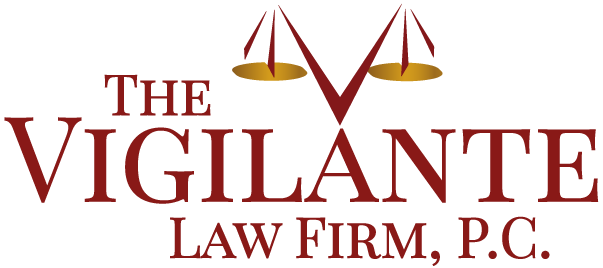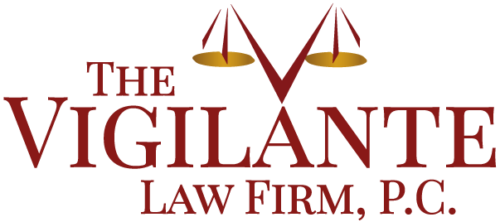
Independent contractors make up a considerable part of the New Jersey workforce. Specifically, these are people, businesses, or corporations that provide products and services to others through a written contract or verbal agreement. This is to say that they do not work for an employer in the same as one of their traditional, full-time employees. Therefore, an independent contractor’s employment rights and overall state employment law protections are often seen as a gray area. One area of confusion may lie within the matter of whistleblowing. Continue reading to learn whether independent contractors are granted the same whistleblower rights as traditional, full-time employees and how an experienced Gloucester County whistleblower protection lawyer at The Vigilante Law Firm, P.C. can help defend these rights.
What is whistleblower protection in New Jersey?
First of all, you must understand the state of New Jersey’s Conscientious Employee Protection Act, otherwise known as the whistleblower statute. Generally speaking, this prohibits an employer from taking any adverse action against an employee who objects to or exposes their unlawful, criminal, fraudulent, or corrupt activities. Such adverse action may entail demoting an employee, wrongfully terminating an employee, reducing an employee’s salary, denying an employee’s overtime pay, and more. Further, an employer may face significant fines or jail time if they are found at fault for conducting such adverse action.
Do independent contractors have whistleblower rights in New Jersey?
Of note, in a 2007 New Jersey Supreme Court ruling, it was established that independent contractors should be treated the same as traditional, full-time employers under the Conscientious Employee Protection Act. In other words, independent contractors should hold whistleblower rights. With this ruling, the court held that several factors must be verified to ensure an independent contractor should be granted this protection, and they read as follows:
- Whether the employer in question holds the right to control the means of the independent contractor’s performance.
- Whether the independent contractor in question provides work that is an integral part of the employer’s business.
- Whether the independent contractor in question has a type of employment that is supervised or unsupervised.
- Whether the employer in question furnishes the equipment or workplace an independent contractor utilizes.
- The type of skillset the independent contractor in question carries.
- The length of time the independent contractor in question has worked for the employer.
- The method of payment the employer in question uses to pay the independent contractor.
Understandably so, it may be difficult to interpret the nuances within the above factors. In conclusion, you must deeply reflect on the gravity of the matter at hand. Once you do, you must drop everything and reach out to one of the skilled New Jersey employment lawyers at The Vigilante Law Firm, P.C.


